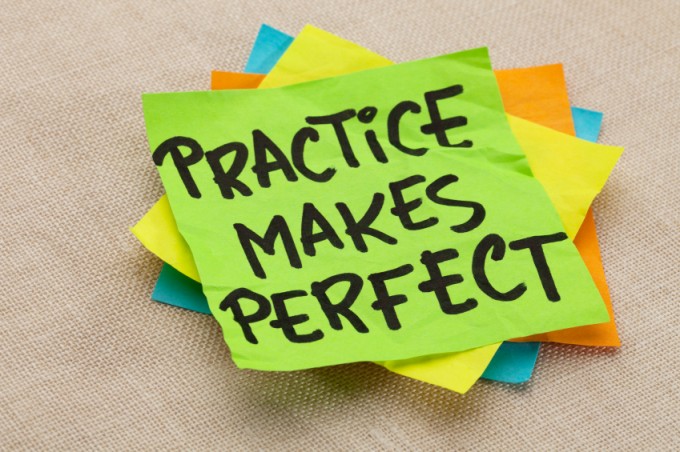Learning a New Language? Give it 10,000 Hours.
Medical Pharmaceutical Translations • Feb 28, 2017 12:00:00 AM

Many people wonder how long it takes to learn a second language. Well, the answer is about 10,000 hours. Just ask Malcolm Gladwell, author of “Outliers.” But before we discuss Mr. Gladwell, let’s talk about what other people say first.
Most people can agree that you get out what you put in. Some companies claim it will only take a few months. Most language experts are skeptical of claims that a short period of time is all you need to become fluent.
In reality, language acquisition is a complex stew, an amalgamation of comprehension, grammar, new sounds, strange sentence structure, new cultures. Add a few cups of reading and writing, speaking and listening and a dash of patience and frustration and you have what it takes to learn another language.
John Archibald and a team of researchers at the University of Calgary did a study in 2007 which concentrated on second language learning. They found that students who learn other subjects in a foreign language are likely to gain fluency and competence faster. Teach gym, math, social studies in a foreign language and students are bound to learn faster. This method is called content-based language teaching (CBLT).
Learning this way allows students to master content material effectively, especially when they have limited time devoted to foreign language study. Grammar and structure can be added later, just as it is when we learn our first language.
What else helps when trying to master another language?
Being young.
Numerous studies have shown that children who grow up learning more than one language at home essential have two mother tongues. And the way in which someone learns languages follow different patterns based on when we begin learning. This doesn’t mean it is worse to learn later in life, just different. For those of us who cannot turn back the hands of time and are forced to learn later in life, there are other options.
Immerse yourself.
If you have an opportunity to live in a country where they speak the language you are trying to learn, do so. Being engrossed in a land where you hear your target language exposes you to the language for many hours per day on a consistent basis. You need to learn to function in your new land. If this isn’t possible, try to recreate immersion opportunities.
School yourself.
While learning in school or with a tutor weekly or daily is important and good teachers can help navigate the water for you, there still needs to be time spent outside of the classroom to build fluency in a second language.
And reach that 10,000 hour goal
Now let’s go back to Malcolm Gladwell and the research behind the notion that 10,000 hours equals mastery in anything from playing an instrument to learning a sport. The 10,000 hours is not a hard and fast rule, but it is an excellent guideline to follow. Assuming we define fluency as someone being an expert in speaking a language, we can argue that is approximately the amount of time we need to become bilingual.
If we learn only 1 hour per week (or 52 hours per year) without any self-study, it would take 192 years to learn the language. If you double that hour to 2 hours per week, it would take approximately 96 years. Solid self-study of an hour a day every day of the year would equal about 27 years. Total immersion where you are awake for 16 hour days in another country x 365 days means you already are more than half-way to the 10,000-hour goal. You would be immersed in the language for 5,840 hours/year and would take you about 2 years to learn.
This is, of course, overly simplistic. It doesn’t take into account, different teaching methods, or a student’s abilities, differences or goals.
It all comes down to interest and a lot of hard work, no matter the setting. Being dedicated and carving out the time is more important than how long it will take. The benefits of learning another language are immense and worth the time it takes to gain mastery. Instead of asking “how long will it take to learn another language,” perhaps the question should be “How can I best reach my 10,000 hours of study and practice to become fluent?”
In real life, the answer is different for all of us and usually involves a combination of formal and informal classes, self-study, and travel. Maybe you listen to podcasts, read foreign magazines, watch internet videos, or label everything and everyone in your house with sticky notes. Whatever it takes, and whatever your method(s), it will come and the hours will add up and your life will be richer for it.
Ilona Knudson
#aiatranslations #foreignlanguagelearning #languagelearning #translations
